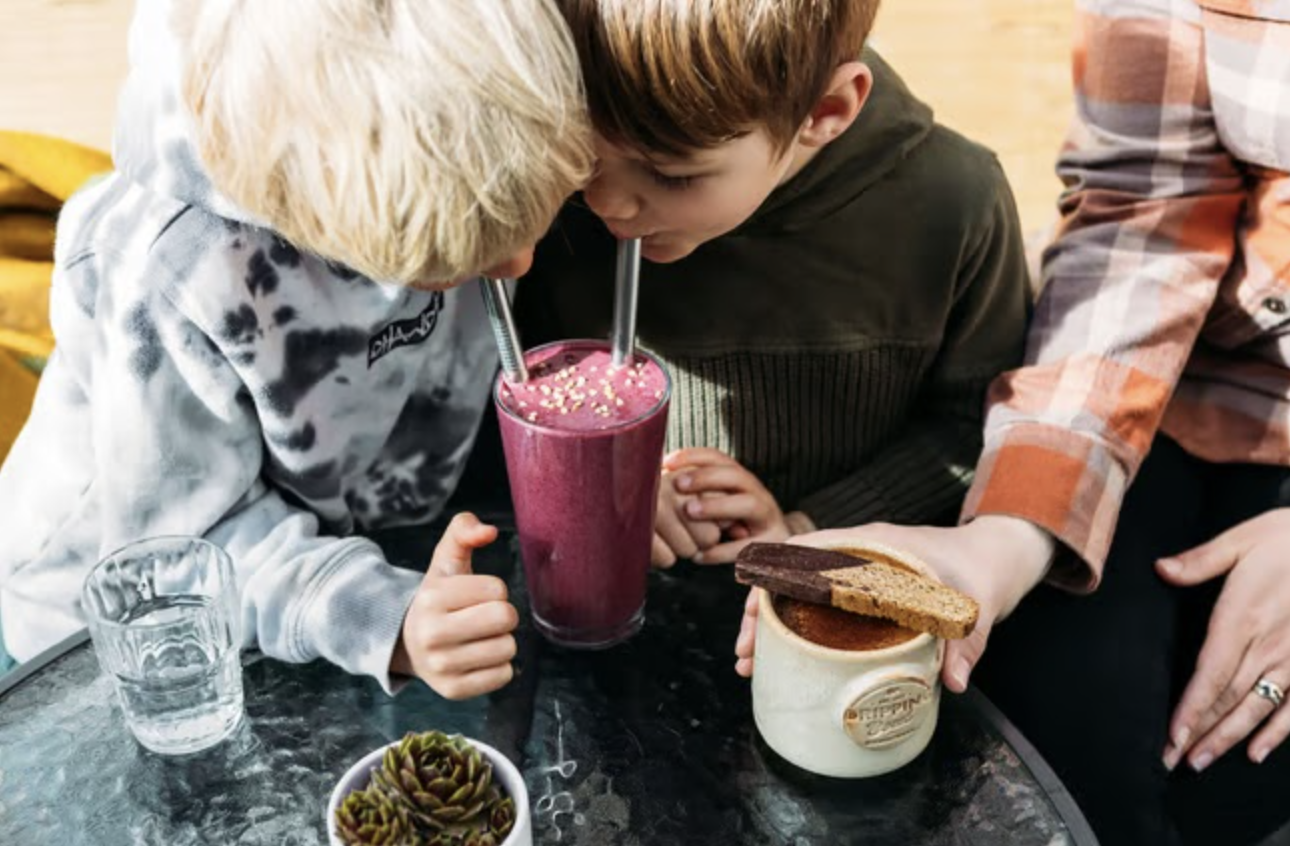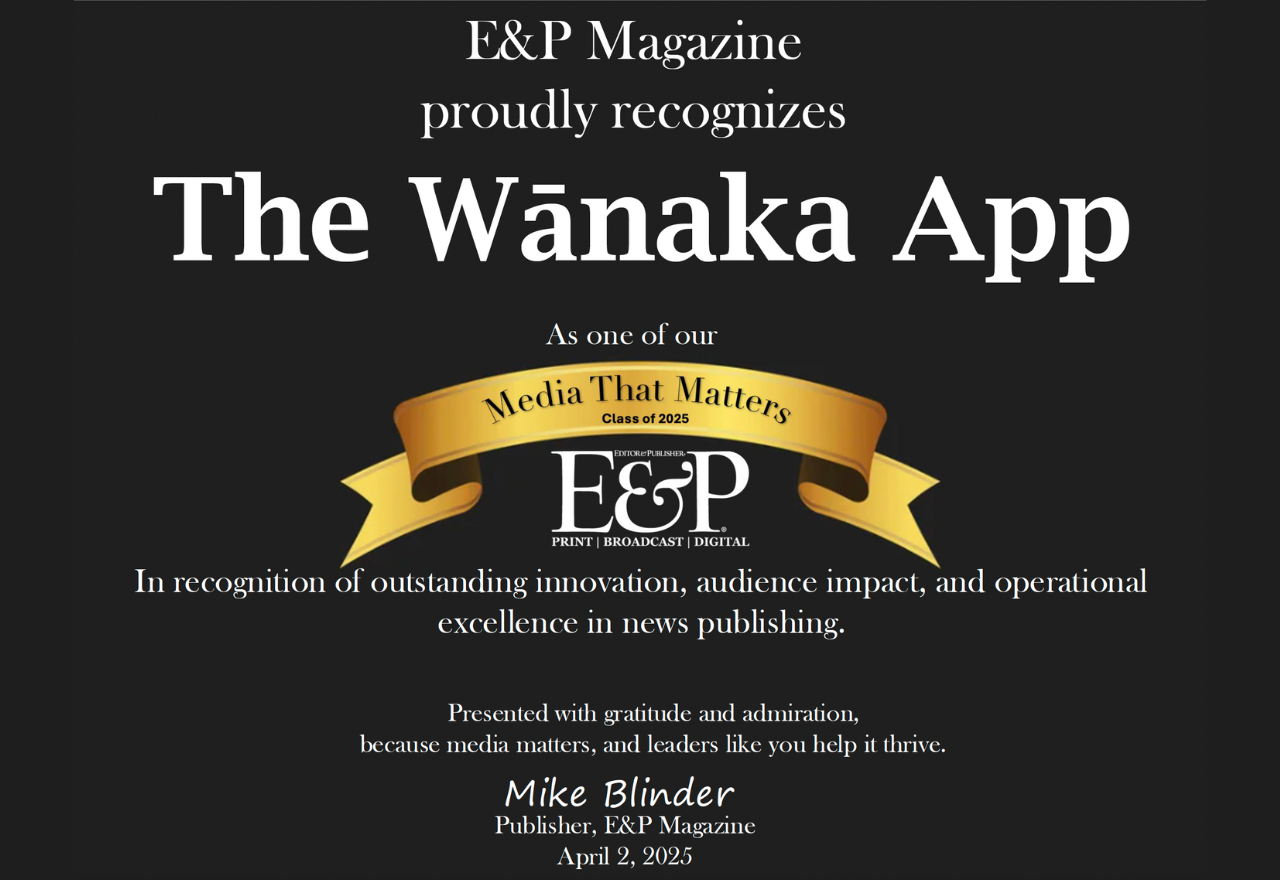Turning waste into wins

25 July 2025, 5:04 PM
 Thirteen projects - including a glass return scheme at local cafe Dripping Bowl - have been supported with $60K from the Waste Minimisation Community Fund. PHOTO: Neat Places
Thirteen projects - including a glass return scheme at local cafe Dripping Bowl - have been supported with $60K from the Waste Minimisation Community Fund. PHOTO: Neat PlacesQueenstown Lakes District Council (QLDC) is once again backing locals who are taking action to reduce waste and promote the sustainable use of resources via its Waste Minimisation Community Fund (WMCF).
This year, 13 local projects are being supported to help reduce waste across the district.
They include initiatives such as low-waste parenting workshops, retirement village education programmes, sustainable party packs to loan from a local toy library, and the reuse of surplus building materials.
“What makes this year's projects so exciting is their strong focus on practicality and community impact,” QLDC sustainability advisor Emma Brockie said.
“We've been really impressed with the hands-on solutions proposed to address a variety of waste challenges.”
Local recipients included Aspire Preschool and Nursery, which received support for its composting initiative; cafe Dripping Bowl, which got help for its glass return scheme; and the Snow Farm’s Merino Muster event, with its ‘sip smart’ initiative, which will be revealed at the upcoming muster.
This year’s WMCF is also supporting ‘Waste Education for Retirement Villages’, a series of fun and practical sessions led by educator Kate Fenwick.
Designed for older adults, the sessions offer simple, age-appropriate ways to reduce household waste.
“These community-led projects empower people to take simple, everyday action that collectively moves us closer to becoming a zero-waste district,” Emma said.
The WMCF is an annual contestable fund open to community groups, schools, businesses, iwi/ Māori organisations, and individuals.
It includes $50,000 to support community action and behaviour change projects, and $10,000 toward commercial waste minimisation, sponsored by Waste Management New Zealand.
This year’s round saw 20 applications submitted over five weeks, requesting close to $200,000 in total.
A panel of QLDC staff and an elected member carefully assessed each application to ensure alignment with fund goals, Emma said.





